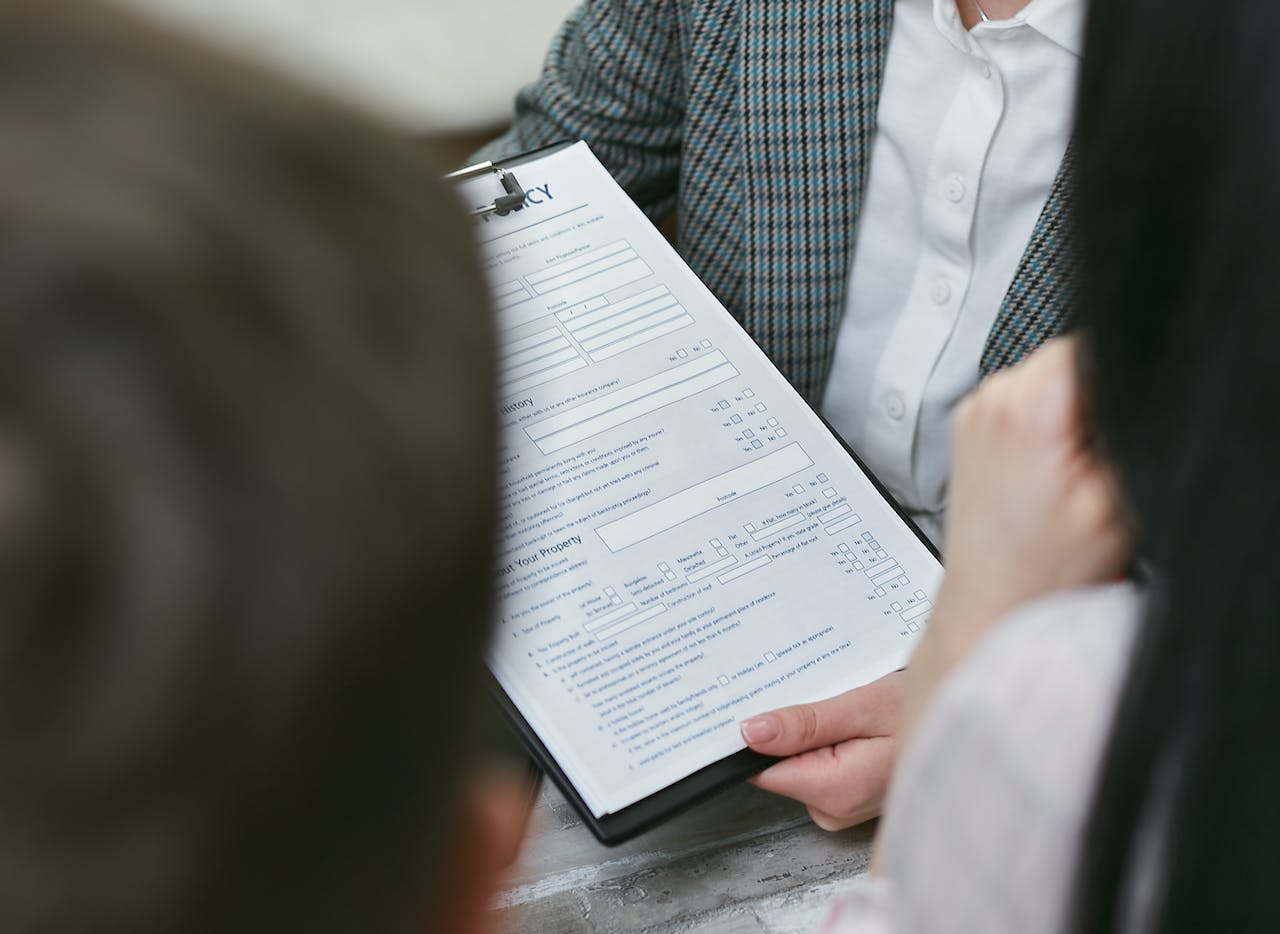Personal injuries can be physically, emotionally, and financially devastating. When you’re injured due to someone else’s negligence, seeking compensation through a personal injury claim is essential to help you recover and regain your quality of life.
However, maximizing your personal injury settlement can be a complex process, and it’s crucial to have the right strategies in place. In this comprehensive guide, we’ll provide you with valuable tips from legal experts to ensure you get the compensation you deserve.
Understanding the Basics of Personal Injury Claims
Before diving into the tips for maximizing your settlement, it’s important to have a solid grasp of the basics of personal injury claims. Let’s start with a quick overview.
What is a Personal Injury Claim?
A personal injury claim is a legal process where an injured person seeks compensation from the party responsible for their injuries. These claims can arise from various types of accidents and incidents, including:
-
- Car accidents
- Slip and fall incidents
- Medical malpractice
- Product liability
- Workplace injuries
The Elements of a Personal Injury Claim
For a personal injury claim to be successful, four key elements must be established:
- Duty of Care: The at-fault party owed you a duty of care. For example, drivers have a duty to operate their vehicles safely.
- Breach of Duty: The at-fault party breached their duty of care. This might involve reckless or negligent actions.
- Causation: The breach of duty caused your injuries. You must prove a direct link between the at-fault party’s actions and your injuries.
- Damages: You suffered actual damages, such as medical expenses, lost wages, and pain and suffering, as a result of the injury.
The Importance of Evidence

Strong evidence is the backbone of a successful personal injury claim. You’ll need to gather and present various types of evidence to support your case, including:
- Medical records
- Witness statements
- Photographs of the accident scene
- Expert opinions
- Police reports
With these foundational concepts in mind, let’s explore the expert tips to maximize your personal injury settlement.
Expert Tips for Maximizing Your Personal Injury Settlement
1. Seek Immediate Medical Attention
One of the most crucial steps following an accident is to seek immediate medical attention, even if your injuries seem minor. This is especially important in cases of specific injuries such as an arm injury. Seeking immediate medical attention serves two important purposes:
- Ensures your well-being: Your health is the top priority. Prompt medical attention helps diagnose and treat injuries early, preventing potential complications.
- Establishes a link between the accident and injuries: Timely medical records are essential for proving that your injuries were caused by the accident. Delays in seeking medical treatment can create doubt in the minds of insurance companies and jurors.
Furthermore, if you’ve sustained an arm injury, using the recommended braces by your medical professional can be crucial. A proper arm brace not only provides support and aids in the healing process but can also serve as documented evidence of the specific measures taken to address the injury, strengthening your personal injury claim.
2. Document Everything
Effective documentation can make or break your personal injury claim. Here’s what you should document:
- Injuries: Photographs of your injuries over time can serve as compelling evidence.
- Expenses: Keep meticulous records of all expenses related to your injury, including medical bills, prescription costs, and transportation expenses for medical appointments.
- Lost wages: Document your lost income due to missed work. This can be in the form of pay stubs or a letter from your employer.
- Pain and suffering: Maintain a journal detailing your physical and emotional pain, how it has affected your daily life, and any restrictions you face.
- Correspondence: Save all communication with insurance companies, medical providers, and the at-fault party. These records can help support your claims.
3. Consult an Experienced Personal Injury Attorney

Seeking professional legal representation from experts like glrinjuryattorneys.com is one of the most critical steps you can take to maximize your personal injury settlement. Experienced personal injury attorneys have the knowledge and expertise to navigate the complexities of personal injury claims. Here’s how they can help:
- Legal expertise: Attorneys understand the intricacies of personal injury law, including statutes of limitations, liability, and potential legal obstacles.
- Investigation: Attorneys can investigate your case thoroughly, gather evidence, and consult with experts to strengthen your claim.
- Negotiation: They are skilled negotiators who can engage with insurance companies to secure a fair settlement.
- Litigation: If negotiations fail, your attorney can represent you in court and fight for your rights.
4. Don’t Accept Early Settlement Offers
Insurance companies often make early settlement offers, hoping to save money by convincing you to accept a lower amount than your case is worth. These initial offers rarely reflect the true extent of your damages. It’s advisable not to accept any settlement offer without consulting your attorney. They can evaluate the offer and determine whether it’s fair or if you should continue negotiations.
5. Build a Strong Case
To maximize your settlement, it’s essential to build a strong case from the beginning. Here’s how:
- Collect evidence: Work with your attorney to gather all necessary evidence, including accident reports, medical records, witness statements, and expert opinions.
- Establish liability: Prove the other party’s fault through evidence, witness testimony, and expert analysis.
- Quantify damages: Calculate your economic damages (medical bills, lost wages) and non-economic damages (pain and suffering) accurately. Your attorney can help assess these damages.
- Prepare for trial: Even if you hope to settle out of court, prepare as if your case will go to trial. This demonstrates to the other side that you are fully committed to pursuing your claim.
6. Be Cautious About Recorded Statements
Insurance companies may request recorded statements from you regarding the accident and your injuries. While you should cooperate, be cautious. These statements can be used against you if you inadvertently say something that could harm your case. It’s wise to consult your attorney before providing a recorded statement.
7. Consider Future Damages

Injuries may have long-term or permanent effects on your life. When calculating your damages, don’t forget to consider future medical expenses, ongoing treatment, and the impact on your earning capacity. Your attorney can work with experts to estimate these future costs accurately.
8. Evaluate the Settlement Offer Holistically
When you receive a settlement offer, don’t focus solely on the dollar amount. Consider the overall terms of the settlement, including:
- Release of liability: Ensure the offer includes a release of liability, preventing the other party from pursuing further claims related to the accident.
- Structured settlements: Evaluate whether a structured settlement or a lump-sum payment is more advantageous for your circumstances.
- Tax implications: Consult with a financial advisor or tax experts like Jeremy Scott to understand any tax implications of your settlement.
9. Stay Patient and Persistent
Personal injury claims can be lengthy, and negotiations may take time. It’s crucial to be patient and persistent. Your attorney can guide you through the process, and together, you can work toward a favorable resolution.
10. Be Prepared to Go to Trial
While most personal injury claims settle out of court, it’s essential to be prepared for the possibility of going to trial. Your attorney will provide the necessary legal representation and ensure your case is well-prepared should it proceed to court. This preparedness can put pressure on the opposing party to offer a fair settlement before trial.
Conclusion
Maximizing your personal injury settlement is a multifaceted process that requires careful planning, strong legal representation, and a commitment to building a solid case. By following the expert tips outlined in this guide, you can increase your chances of securing the compensation you deserve for your injuries. Remember, your health and well-being should always be the top priority, and seeking the guidance of an experienced personal injury attorney is a crucial step toward a successful outcome.




